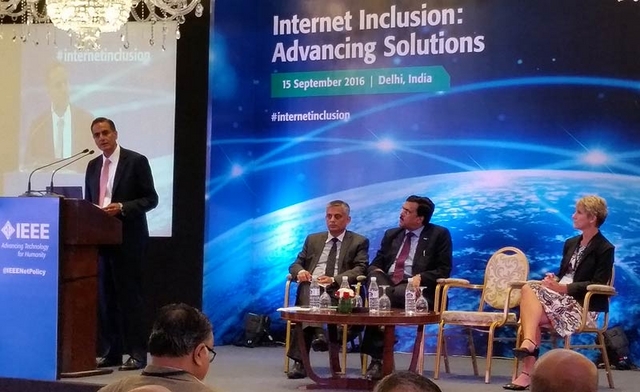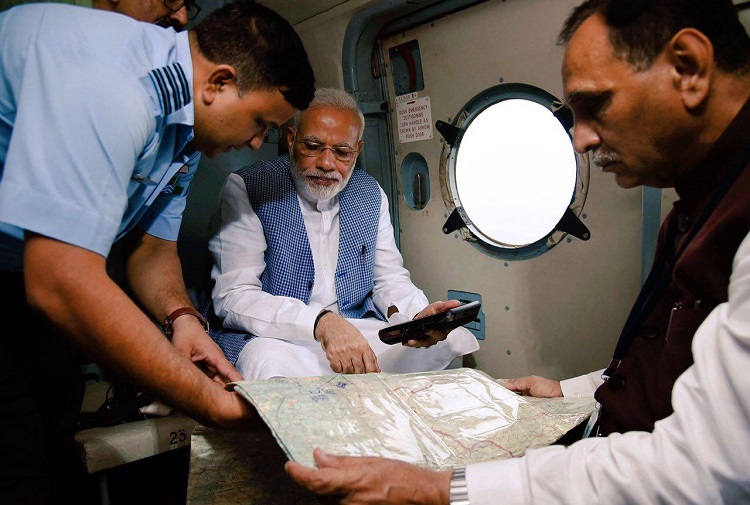New Delhi – The Institute of Electrical and Electronics Engineers hosted a workshop in New Delhi today with leaders from government, development banks, the IT sector, civil society and private industry to discuss digital connectivity and broadband access as part of the Global Connect Initiative. In September 2015, the Department of State launched the Global Connect Initiative which aims to bring an additional 1.5 billion people online by 2020.
This full-day event featured interactive discussions and working sessions with a focus on finding sustainable solutions and models for digital inclusion, including on how GCI can complement Prime Minister Narendra Modi’s Digital India initiative.
U.S. Ambassador Richard R. Verma delivered opening remarks along with Secretary J.S. Deepak from the Government of India Department of Telecommunications.
“We view internet connectivity as essential infrastructure, the same as roads, bridges, and ports,” Verma said. “Since the launch of Global Connect, the United States has announced more than $1 billion dollars in worldwide financing through our development agency partners, such as USAID. In India, the U.S. Overseas Private Investment Corporation is providing $141 million in financing for a low-cost, rapidly scalable wireless broadband network, which will help bring affordable internet to unconnected villages. By leveraging our technological prowess and shared values, we can enable affordable internet access for those without it and strengthen international cyber norms to ensure an internet that is resilient, open, and secure.”
The intent of such workshops is to provide a platform to discuss regional challenges and opportunities when it comes to connecting the unconnected and to raise the saliency of internet access as an economic priority. A strong partnership with India is crucial to achieving the GCI’s ambitious goal of connecting 1.5 billion people by 2020.





